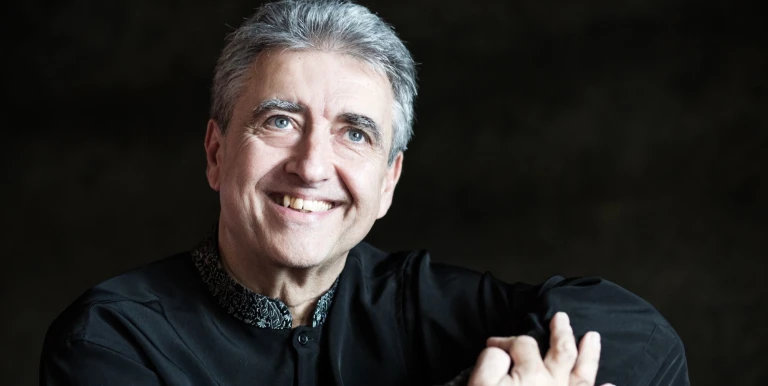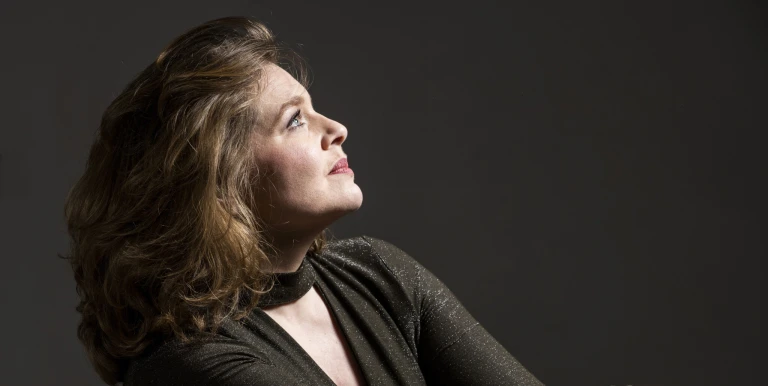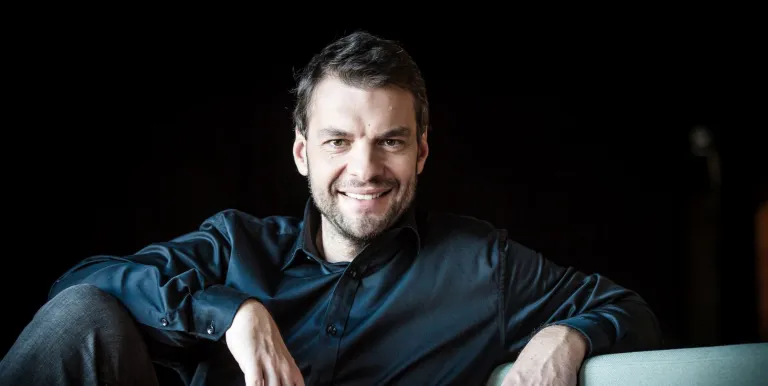one interval
Conductor:
Featuring:
Creator:
Berlioz
Symphonie fantastique, op. 14
Mendelssohn
Die erste Walpurgisnacht, op. 60
The two works to be played at this concert in connected to each other in a surprisingly large number of ways. Both compositions clearly originate with Goethe, as the Faustian witches' sabbath scene plays a key role in each of them. In Berlioz's symphony, it appears in the closing segment, whereas Mendelssohn's choral cantata is itself the story of a witches' sabbath, a ballad which Goethe wrote expressly to be set to music. This will be the first time that Die erste Walpurgisnacht is being performed in Hungary in a fully staged version, with dancers joining the musicians in the production.
The two works date from around the same time: Berlioz wrote his symphony in 1830, while Mendelssohn completed the first version of his work in 1831. Also linking the two works is the duality of the modern legend of the witches' sabbath: the confrontation between the primeval pagan tradition and the Christian faith. At the climax of Berlioz's witches sabbath, we hear the melody of the Gregorian hymn of the Dies irae from the Christian requiem mass. With Mendelssohn, the people upholding the ancient tradition against the bigoted Christians are the representatives of purity and faith, and they are symbolised at the end of the work with hymnal expressiveness resembling a Protestant chorale. Berlioz's creation is the first major work that expresses the spirit of the Faust drama without relating the story itself. At its centre is a hero, the creative Faustian individual whose dreams and visions are related in the five movements of the work. Mendelssohn's choral cantata, on the other hand, is an unusually dramatic component in the composer's oeuvre: following a tempestuous overture of sweeping power come a series of scenes missing the arias as they are understood in a traditional sense.
Presented by: Dohnányi Orchestra Budafok, Müpa Budapest
-
We wish to inform you that in the event that Müpa Budapest's underground garage and outdoor car park are operating at full capacity, it is advisable to plan for increased waiting times when you arrive. In order to avoid this, we recommend that you depart for our events in time, so that you you can find the ideal parking spot quickly and smoothly and arrive for our performance in comfort. The Müpa Budapest underground garage gates will be operated by an automatic number plate recognition system. Parking is free of charge for visitors with tickets to any of our paid performances on that given day. The detailed parking policy of Müpa Budapest is available here.










